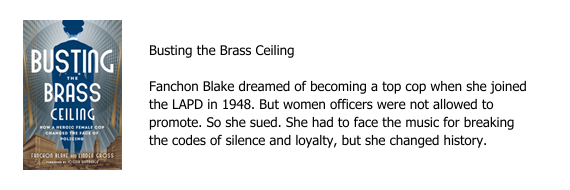We all have stories about ourselves. And for better or worse, everyone we know has his/her own story about us as well. I was reminded of that during a recent phone conversation. When the person on the other end of the line mentioned a couple of my foibles in passing, I realized that her story about me has been created through limited visits—some of which have involved super stressful events—and conversations she’s had with a number of my family members. So she has witnessed a very narrow slice of my life and has heard a very narrow and, yes, biased interpretation of who I am from others. And that’s forged her sense of Linden.
My sense of Linden is quite different from hers. While I recognize that a have a propensity to want to control my life and surroundings (one of the foibles mentioned in the conversation), I know that this waxes and wanes with circumstance. I also know that how I deal with the world swings widely from one end of that spectrum to the other.
Why tell you more than you wanted to know about me? Because this sort of tension informs many if not most of our relationships. It’s one of the more unfortunate and fascinating aspects of being human. And since that humanity is exactly what you’re trying to bring to your fiction, you want to incorporate this concept of tension (and perhaps even conflict) into your character development and interactions. In short, in fiction tension helps. So you want to find ways to layer that tension into your story.
In his book 1985, my dad wrote that truth is round. I agree. Since we can only know people from our experience of them and with them, we each have a slice of the pie that constitutes the whole person. Unfortunately, we can’t see the whole being. And that leads to, you guessed it, tension.
The fact that the person on that phone call, along with other people in my life, have pigeonholed me is a source of tension. The fact that she felt the need—and the right for that matter—to bring it up in a phone conversation was, you guessed it, a source of tension. Had I challenged her, that tension would have risen and perhaps even graduated to conflict. Instead, I kept quiet and rehashed it through the night when I couldn’t sleep. That’s a different kind of tension.
This is the kind of underlying, simmering tension that you can bring to the characters in your novel. Tension in fiction does more than just make your characters real. It gives them dimension, which makes them interesting. And it creates opportunity since most of us are walking and talking dichotomies with often ridiculously wide pendulum swings. I’ll talk more about how ramping up the tension in your novel impacts plot in my next post.




















0 Comments